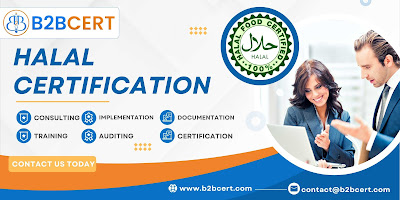Ensuring Eco-Friendly Standards: Your Guide to RoHS Certification in Turkey

Greetings from Turkey's leader in eco-friendly electronics production. Following stringent laws becomes essential as awareness of the negative effects that electronic waste has on the environment spreads throughout the world. The RoHS (Restriction of Hazardous Substances) Certification has become an essential requirement for companies in the electronics sector in this regard. RoHS Certification in Turkey is realizing the value of sustainable practices as its electronics industry grows quickly. The RoHS Certification is a crucial tool for bringing Turkish companies into compliance with global environmental standards since it limits the use of hazardous materials in electrical and electronic equipment. What are the Benefits for RoHS Certification in Turkey Market Access: Getting into the Turkish market frequently requires having a RoHS certification. RoHS compliance is required by many distributors and retailers, which makes it easier for certified products to enter the market. Fac


